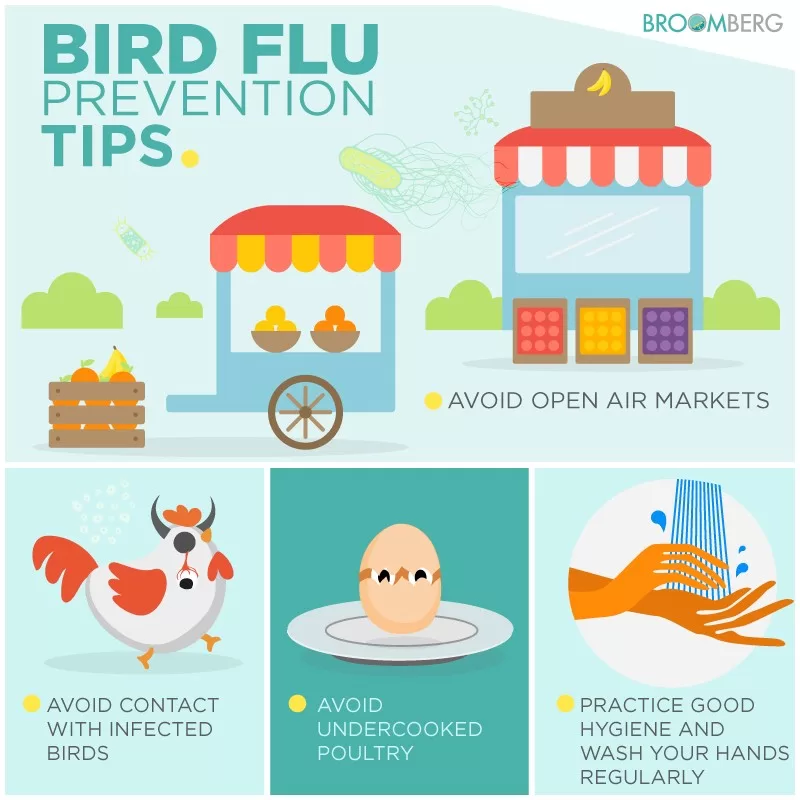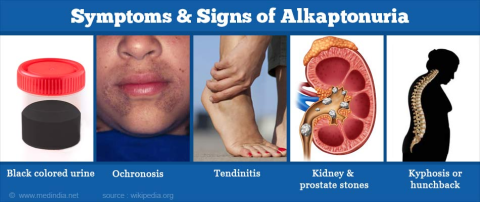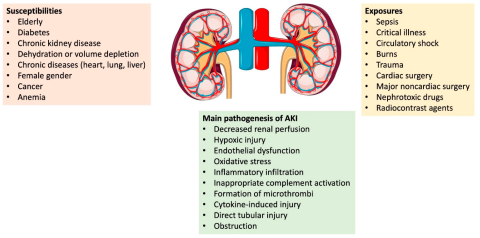Bird Flu Safety has become a paramount concern as India copes with rising H5N1 infections. Experts warn that the recent updates on the H5N1 outbreak remind us of the vulnerabilities posed by avian influenza. Following a tragic incident involving the death of a young child due to bird flu after consuming raw poultry highlights the urgent need for heightened awareness about the safety of eating chicken and eggs during this period. As authorities cull affected birds and implement avian influenza precautions across numerous states, public health officials stress the importance of cooking poultry safely to eliminate any viral threats. This situation calls for vigilance and adherence to guidelines to ensure food safety amidst fears of a pandemic-like scenario.
As the avian flu crisis unfolds, the spotlight shines on bird health and its implications for human welfare. The H5N1 virus, notorious for its potential to cause widespread illness, has sparked immense concern regarding poultry consumption. With the latest bird flu India update revealing distressing cases of infection, individuals are left wondering about the culinary safety of chicken and eggs. The necessity for strict avian influenza precautions is underscored by public health advisories urging safe cooking practices. Amidst these challenges, understanding the dynamics of this virus and its potential to escalate is crucial for community health.
Understanding the H5N1 Outbreak in India
The H5N1 virus, widely recognized as bird flu, is a subtype of avian influenza with significant implications for both poultry and public health. Currently, India is facing a surge in H5N1 cases, raising alarms following the recent tragic death of a child in Andhra Pradesh. This incident has intensified scrutiny over the transmission routes of avian influenza, especially concerning the consumption of poultry products. As health authorities work to control the spread, understanding the mechanics of the outbreak becomes essential for public safety.
Experts emphasize that the H5N1 virus primarily spreads through direct contact with infected birds or contaminated surfaces. It poses a serious risk to those who handle poultry products without proper precautions. Communities in affected areas like Kerala and Telangana have seen drastic measures such as culling of birds to curb infection rates, highlighting the urgency of the situation. Additionally, the rapid mutations of this virus raise concerns about its potential to further infect humans and lead to larger outbreaks.
Frequently Asked Questions
What precautions should be taken during the H5N1 outbreak to ensure bird flu safety?
During the H5N1 outbreak, it is essential to follow avian influenza precautions for bird flu safety. This includes cooking poultry to an internal temperature of at least 70°C, avoiding raw or undercooked chicken and eggs, washing hands thoroughly after handling raw meat, and buying poultry from trusted vendors. Maintaining strict kitchen hygiene helps prevent cross-contamination and reduces the risk of infection.
Is it safe to eat chicken and eggs during the current bird flu outbreak in India?
Health experts affirm that it is safe to consume chicken and eggs during the current bird flu outbreak in India, as long as strict cooking and handling guidelines are followed. Cook poultry at 70°C or higher to kill the H5N1 virus and avoid consuming raw or lightly cooked products to ensure bird flu safety.
What are the recommended cooking methods for poultry to ensure bird flu safety?
To ensure bird flu safety, it is recommended to cook poultry thoroughly, heating it to at least 70°C. This temperature effectively kills the H5N1 virus, making dishes safe to consume. Avoid dishes that require raw or undercooked chicken or eggs, as they pose a higher risk during the current outbreak.
How can I prevent infection from H5N1 during the bird flu outbreak?
Preventing infection from H5N1 during the bird flu outbreak involves several safety measures: always cook poultry thoroughly, wash hands regularly after handling raw meat, use gloves while preparing chicken, and keep raw meat separate from other foods to avoid cross-contamination. Additionally, stay informed with the latest bird flu India updates to understand ongoing health advisories.
What should I do if I experience flu-like symptoms after contact with poultry during the H5N1 outbreak?
If you experience flu-like symptoms after contact with poultry during the H5N1 outbreak, it is crucial to seek medical attention immediately. Inform your healthcare provider about any recent exposure to birds, as early identification and treatment can be vital for managing potential avian influenza infections.
What are the latest updates regarding the H5N1 bird flu outbreak in India?
The latest updates on the H5N1 bird flu outbreak in India indicate rising cases and precautions being taken across several states, including culling of infected birds and increased public health surveillance. Following reports of human infections, health officials are urging the public to remain vigilant, adhere to safety measures, and stay updated on bird flu India developments.
Can the H5N1 virus mutate and lead to a pandemic?
Experts warn that while H5N1 mutations have occurred, facilitating its spread, it is still uncertain if it could lead to a pandemic. Constant monitoring and strong public health measures are imperative to prevent any potential outbreak. Awareness and adherence to bird flu safety are critical to mitigate risks associated with H5N1.
| Key Points | |
|---|---|
| Bird Flu Overview | H5N1 is a virus affecting birds and has crossed to humans, with a significant mortality rate. |
| Recent Outbreaks | Rising cases of H5N1 in India, particularly in Andhra Pradesh, Kerala, and Telangana. |
| Safety of Chicken & Eggs | It’s safe to eat chicken and eggs if cooked thoroughly at 70°C to kill the virus. |
| Culled Birds | Thousands of birds culled in affected areas as a precautionary measure. |
| Public Health Response | Increased surveillance and advisories issued by the Health Ministry regarding flu-like symptoms. |
| Future Risks | Experts warn that H5N1 could mutate and potentially trigger a pandemic. |
Summary
Bird Flu Safety is a pressing concern as the H5N1 outbreak in India raises alarms about the potential for a pandemic-like situation. It is important to remain informed and take necessary precautions when preparing and consuming poultry products. Ensuring thorough cooking and avoiding raw meat can greatly reduce health risks associated with this virus. Stay vigilant and heed public health advisories to safeguard against any potential health threats.
The content provided on this blog (e.g., symptom descriptions, health tips, or general advice) is for informational purposes only and is not a substitute for professional medical advice, diagnosis, or treatment. Always seek the guidance of your physician or other qualified healthcare provider with any questions you may have regarding a medical condition. Never disregard professional medical advice or delay seeking it because of something you have read on this website. If you believe you may have a medical emergency, call your doctor or emergency services immediately. Reliance on any information provided by this blog is solely at your own risk.







